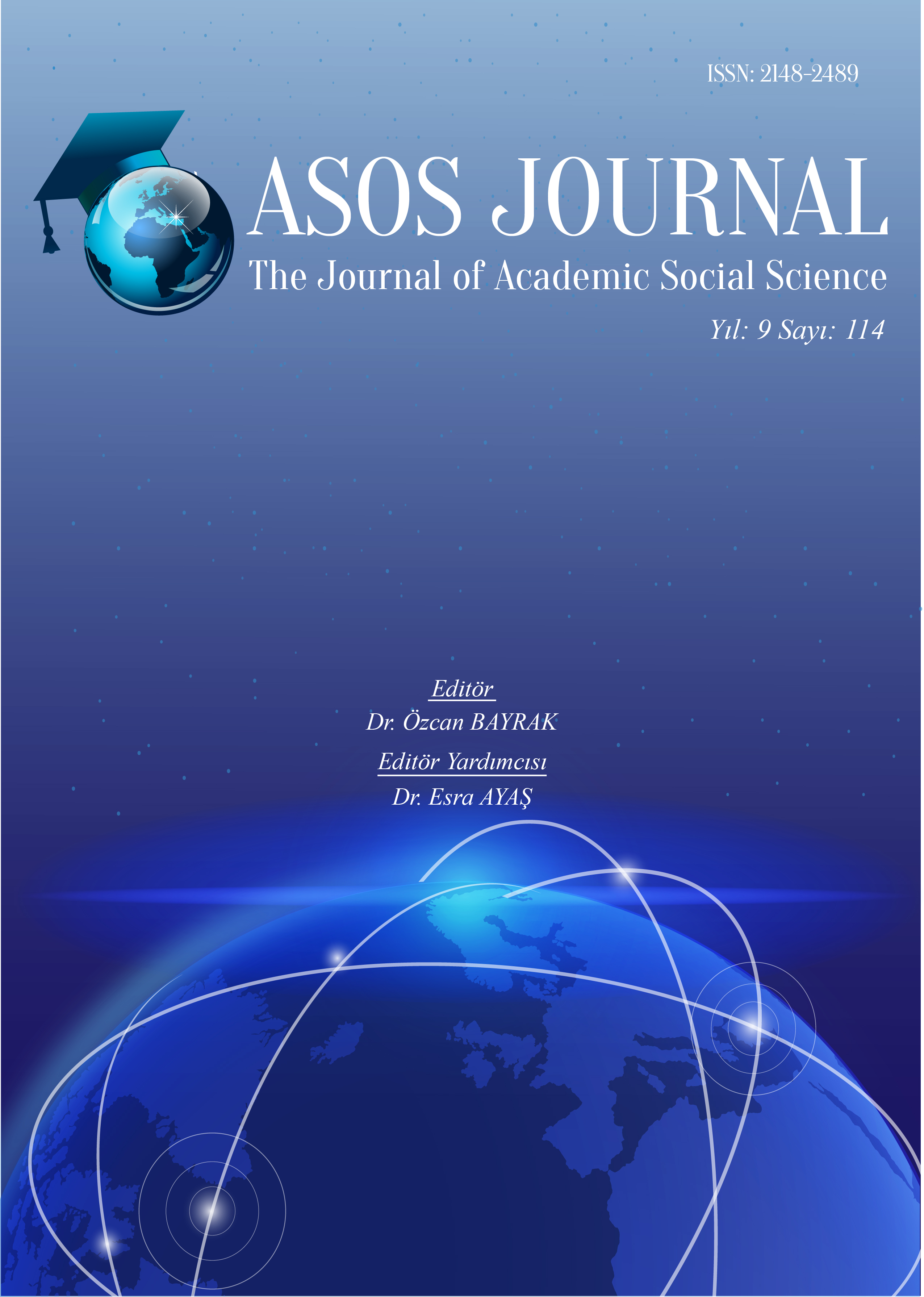Author :
Abstract
Batı Balkanlar bölgesinde yirminci yüzyılın son on yılında, özellikle eski Yugoslavya Federasyonu'nda halkların özgürlüğe ve bağımsızlığa kanlı bir geçişleri oldu. Bu geçiş eski Yugoslavya Federasyonu halkları için kanlı olmasına rağmen, sistemlerin komünistten demokratik hale dönüşmesine neden oldu. Kosova halkı eski Yugoslavya'nın özgürlük ve bağımsızlığa geçişinin bir parçasıdır. Kosova'nın dış politikası, bu sorunu çözmek için batı dünyasına yönelmiştir. 1999 yılında, Batı dünyasının yardımıyla Kosova savaşının sona ermesi, aynı zamanda Kosova'nın sistemi komünistten demokratik hale getirilme yolunu açtı. Kosova'da savaş sonrası dönem, savaş nedeniyle devletin yeniden inşası, zayıf ekonomik durum, demokratik geçiş, yeni partilerin oluşturulması, kurumları inşası, seçimlerin yapılması, bağımsızlık ilanı, çeşitli uluslararası kuruluşlara üyelik gibi çeşitli ve zorlu süreçlerle karakterize edildi. Avrupa kıtasında yeni bir devlet olan Kosova, yeni demokrasinin gelişimine sahiptir. Kosova Anayasası ve kurumları demokratik ilkelere göre oluşturulmuştur. Bu makalede çalışma amacı, Kosova'da demokrasinin gelişmesini analiz etmektir. Bu demokrasinin ölçülmesinin temel dayanağı olan özgür seçimler, sivil toplum ve medyanın rolü ve kadın hakları gibi ölçümlemenin ana unsurları detaylandırılmıştır. Bu ölçüm unsurları, demokratik sistemi temsil eden bir devletin gelişimini ve eksikliklerini algılamak için herhangi bir demokrasi sisteminin temelidir. Bununla birlikte, uluslararası arenada yeni bir devlet olarak Kosova, stratejisinde demokrasinin bu temel unsurlarını dikkate almaktadır. Kosova devletinin ulusal stratejisi, ülkede demokrasinin gelişmesi ve batı dünyasıyla yakınlaşma. Özellikle de Avrupa Birliği üyeliği kapsamında değerlendirilecektir.
Keywords
Abstract
In the Western Balkans region, in the last decade of the twentieth century, especially in the former Yugoslav Federation, the peoples had a bloody transition to freedom and independence. Although this transition was bloody for the peoples of the former Yugoslav Federation, it caused the systems to change from communist to democratic. The people of Kosovo are part of the former Yugoslavia's transition to freedom and independence. Kosovo's foreign policy has turned to the western world to solve this problem. In 1999, the end of the Kosovo war with the help of the Western world also paved the way for Kosovo to transform the system from communist to democratic. The post-war period in Kosovo was characterized by various and difficult processes such as reconstruction of the state due to the war, weak economic situation, democratic transition, formation of new parties, establishment of institutions, elections, declaration of independence and membership in various international organizations. As a new state on the European continent, Kosovo is in the process of development of democracy. The Constitution of Kosovo and its institutions are established according to democratic principles. In this article, the aim of the study is the development of democracy in Kosovo, and the main elements of measurement such as free elections, the role of civil society and the media, and women's rights are detailed as the fundamental basis for measuring this democracy. These measurement elements are the basis of any democratic system to perceive the development and shortcomings of a state representing the democratic system. However, as a new state in the international arena, Kosovo takes into account these basic elements of democracy in its strategy. The national strategy of the state of Kosovo is the development of democracy in the country and rapprochement with the Western world. In particular, it will be evaluated within the scope of European Union membership.





